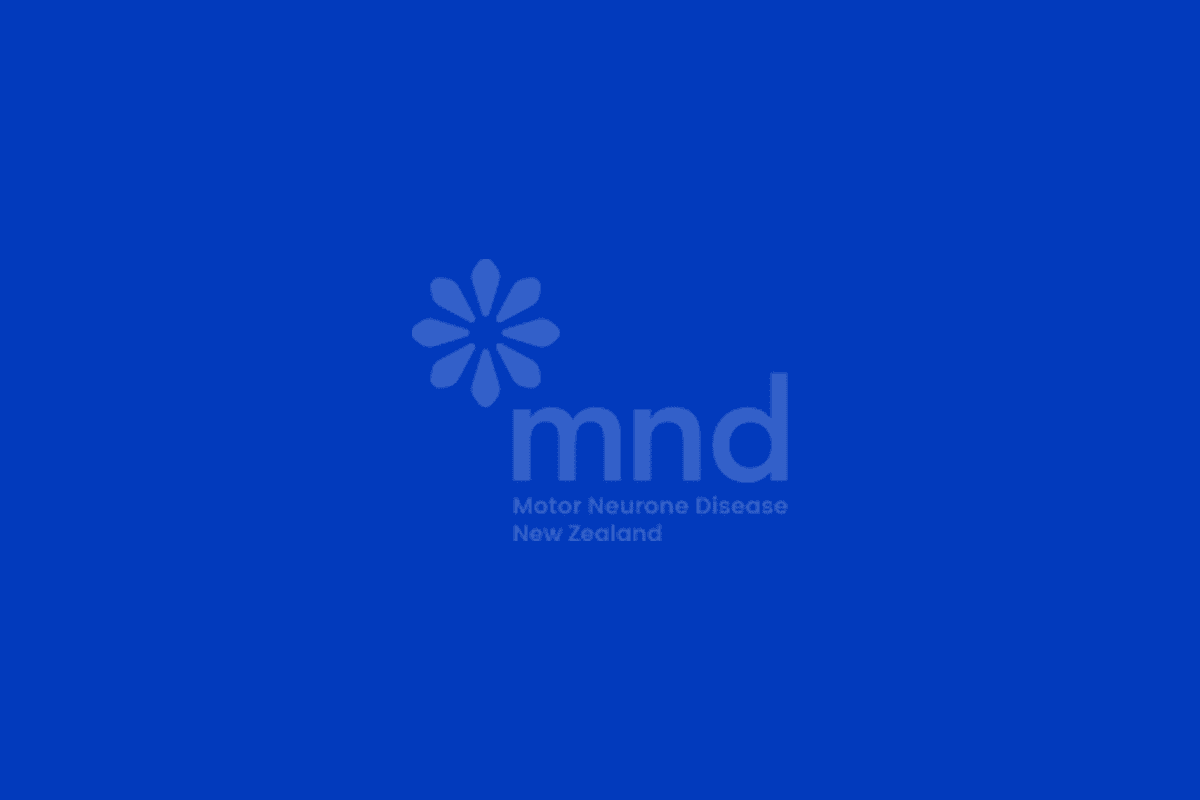Skill-based swallowing training for patients with motor neurone disease
Living with MND
7 April 2021

Summary of study provided by lead investigator Paige Thomas (PhD); Rose Centre for Stroke Recovery and Research, Department of Communication Disorders, University of Canterbury, Christchurch Summary of study provided by lead investigator Paige Thomas (PhD); Rose Centre for Stroke Recovery and Research, Department of Communication Disorders, University of Canterbury, Christchurch
For individuals with MND swallowing is often impacted, leading to difficulties with eating and drinking. We investigated a new type of swallowing therapy that uses technology that can measure the activity of swallowing muscles and display this on a screen. This allows participants to visualise their swallowing and learn to control the strength and timing of swallowing.
The research consisted of two studies. The first included five individuals at different stages of progression of MND. These individuals completed four weeks of daily treatment. After the treatment we saw some improvement or reduction in the rate of decline in functional swallowing measures for those with only early changes to swallowing. However, this did not appear to be the case for those who started the treatment with more severe swallowing impairment. This initial study was a means of investigating if the treatment was a safe approach for people with MND, which it was.
Following this we completed a larger study with 19 individuals with MND. These participants were found in Auckland, Christchurch, and New York City. To recruit more participants the treatment was reduced to two weeks of daily treatment. This study included more methods of measuring swallowing, including an x-ray that provided information on various measurable aspects of swallowing. In total, there were 22 different outcomes investigated.
We saw improvement in two of these measures and did not see any evidence of harmful outcomes of the result. The two measures that changed in this study were particularly important measures – 1. quality of life and 2. the degree of movement of the hyoid bone (located at the root of the tongue in the front of the neck and between the lower jaw and the largest cartilage of the larynx, or voice box). This bone is associated with protecting the airway from food and drink going towards the lungs.
The results from this study do not provide conclusive evidence that the therapy used was beneficial. However, the changes that were observed demonstrate that there may be potential benefits and more research with a larger group of individuals with MND would be beneficial.
I would like to thank the 19 individuals with MND who took the time to participate in this research. I enjoyed working with each and every one of you and your contributions will help us to continue to improve the way that swallowing is managed for those with MND. I would also like to acknowledge the MND registry for their assistance with providing information about this research to help with the recruitment of individuals around New Zealand. Having the registry makes research in our small country much more achievable. Finally, thank you to MND New Zealand for all of your support with carrying out these studies.
Paige Thomas completed her PhD in December 2020.
Paige’s team consisted of Prof. Maggie Lee Huckabee, Dr. Phoebe Macrae and Emma Burnip from Rose Centre for Stroke Recovery and Research, University of Canterbury. Dr. Michelle Troche, Columbia University who oversaw data collection in New York.


